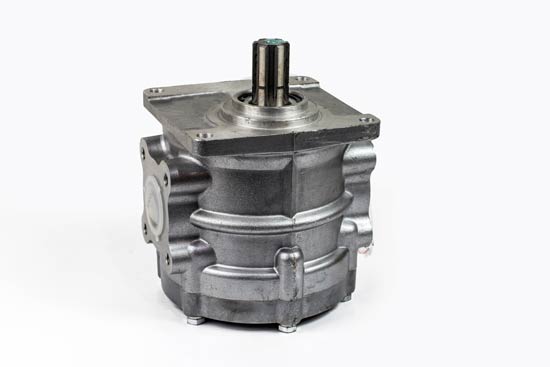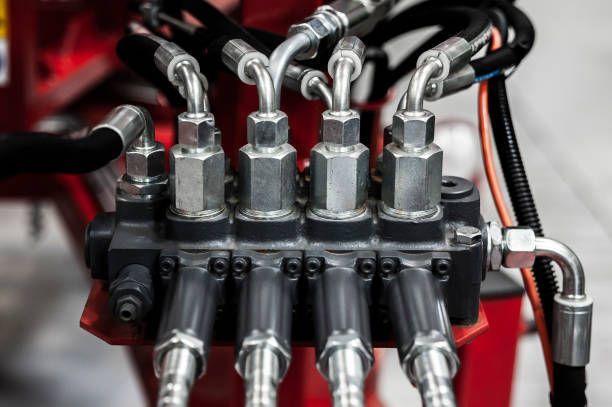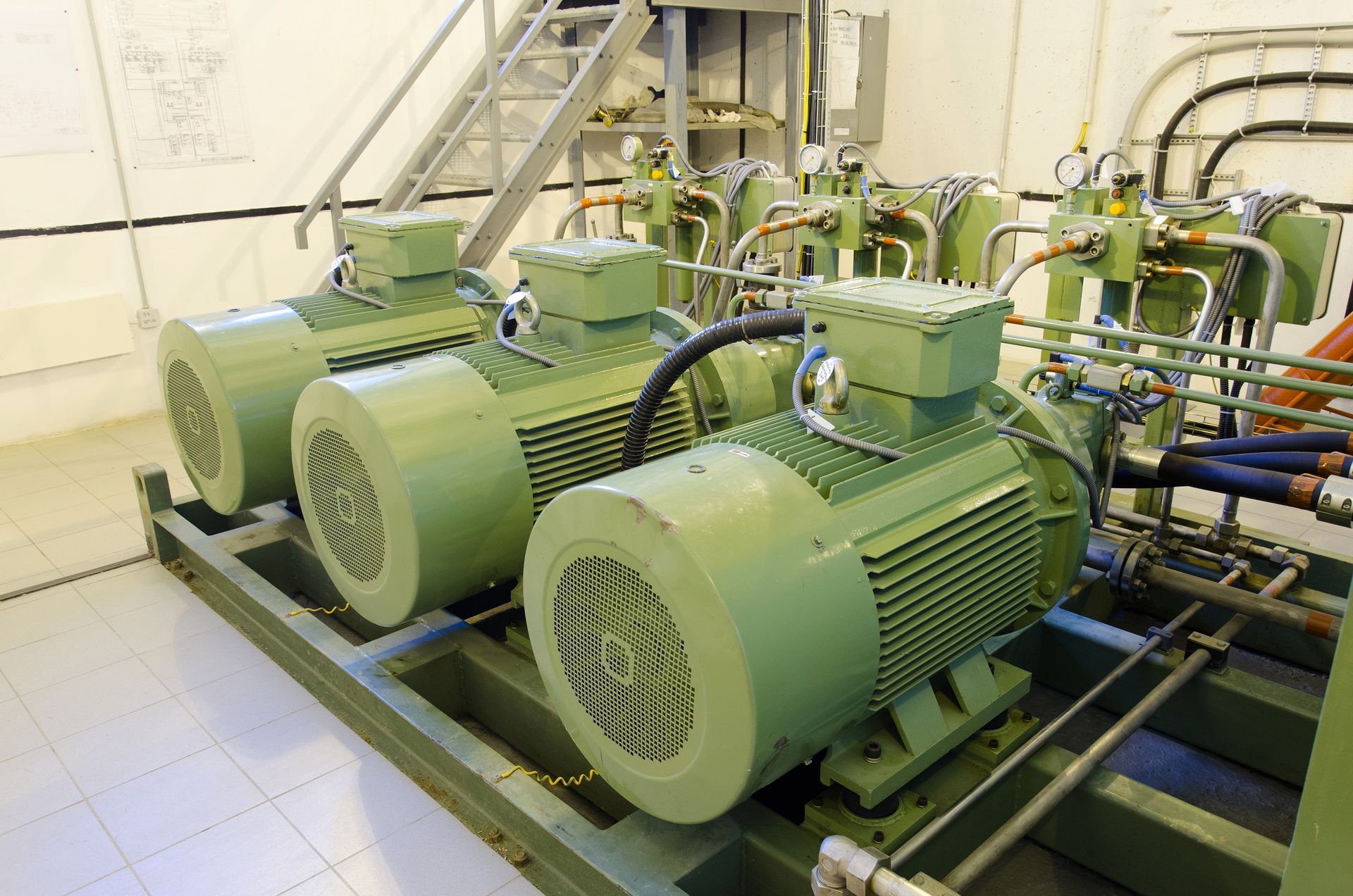3 Reasons Why Your Hydraulic Pump Is Unusually Noisy

Every hydraulic pump makes some noise. If all is well with a pump, then this noise stays more or less the same. However, if something goes wrong with the pump or its connected system parts, then you may start to hear sounds that you haven't heard before.
For example, the pump may suddenly run more noisily than it usually does. It may make whistling, whining, clicking, or banging sounds.
Why do pumps sometimes make unusual noises?
1. Fluid Flow Problems
The fluid that flows through your system needs to move at a smooth and even rate. The pump has to deliver the fluid at a specific flow for things to work.
If something prevents the fluid from achieving and maintaining its optimum flow, then your pump may start to make unusual noises. For example, you may hear a high-pitched whine coming from the pump. This can be a constant or intermittent sound.
If your pump whines constantly, then you may have a cavitation problem. Here, the pump can't deliver its fluid at the right volume or rate. There isn't enough fluid coming through the pump's suction line.
Cavitation is often caused by a blockage. For example, you may have a clogged or dirty line, filter, strainer, or vent that prevents the fluid from flowing at its full rate. Or, the fluid may be too viscous to run smoothly.
In some cases, this is a sign that your pump's motor is on the wrong setting. So, the pump itself is working at the wrong speed to create the right flow.
If you hear intermittent whining, then you may have air in your fluid. Sometimes, a leak in your suction line or a seal allows air to get inside and into the fluid. The air creates bubbles in the fluid, which effectively pop as they move. If you have aeration problems, then you may also hear a rattling noise that sounds like stones banging against each other.
2. Malfunctioning Parts
A hydraulic pump might get noisy if one of its parts or connections has a problem. A faulty or failing pressure control, bearing, valve, seal, or coupling can make a noise you haven't heard before.
For example, if a relief valve stops working correctly and opens up permanently or too often, then the valve might make hissing sounds. A gummed up valve might make loud noises as it opens and closes, as it can't operate smoothly.
In some cases, you may hear vibrating clunks as your pump works if you have a problem with a connecting pipe. A loose seal or connector might allow the pipe to move. It then passes vibrations along to the pump itself.
3. Pump Failure
While some noise problems are easy to fix, some are a sign that your pump is close to the end of its working life. Sometimes, this is due to natural wear, usage, and age. However, in some cases, minor problems cause more widespread damage if you don't fix them quickly.
For example, if you've had cavitation problems for a while, then your system may not have been getting the lubrication it needs; it may have overheated regularly. Even if you fix the cavitation issue, you may be left with a damaged pump that needs a more significant repair, rebuild, or replacement.
So, while new sounds or an increase in operating noise don't necessarily mean that you have a serious pump problem, you should investigate any unusual noise. Typically, this is a sign that something isn't working right.
A minor problem in your system could go on to cause significant damage. For an expert diagnosis, contact Quad Fluid Dynamics, Inc. Our hydraulic pump repair and rebuild service will get your pump running smoothly and efficiently again.


